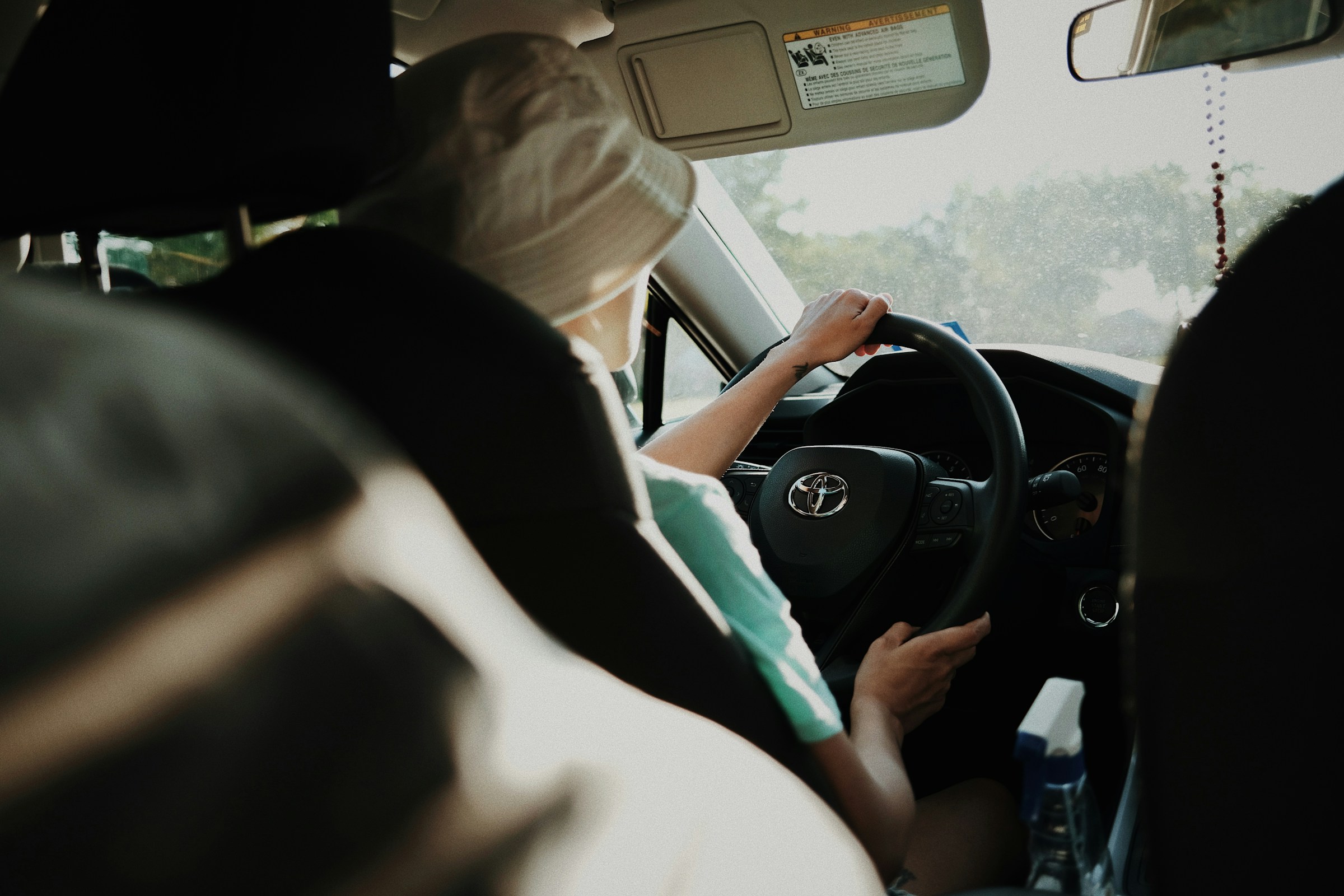Millions of car accidents happen every year in the United States, some of which lead to severe or fatal injuries. Even a crash that is relatively minor can still leave you facing costly medical and repair bills, lost wages, and other damages. The best way to avoid these consequences is to avoid getting into a wreck in the first place.

While taking a refresher driving course or purchasing a vehicle with a high safety rating can certainly help, the good news is that there are a few much easier ways to reduce the likelihood of being injured in an accident.
- Obey the Law
While it may seem obvious, one of the most significant steps you can take to avoid a crash is to follow the rules of the road. Accidents aren’t always caused by those who are egregiously breaking the law, but often by those who decide to skirt the rules “just a little bit” or “just this once.” Some common violations that contribute to car accidents include:
- Speeding or driving too fast for road conditions
- Making an improper lane change
- Disobeying red lights and stop signs
- Forgetting right-of-way laws
- Not signaling before turning
- Avoid Distractions While Driving
According to the National Highway Traffic Safety Administration, distracted driving caused more than 3,200 deaths in 2023. Being distracted by anything, whether a phone, a passenger, or food and drink, takes your attention off the road, making it harder to see and react to collision hazards. If you must use a phone or other device or make adjustments to something in your vehicle, it’s best to wait until you are at a full stop and in a safe location before doing so.
- Do Not Focus Solely on the Road: Focus on Traffic and Your Surroundings
When you are on the road, traffic is moving in every direction around you. You may have an aggressive driver approaching you from the rear while a pedestrian is crossing the street from your left. While you should be aware of what dangers lie immediately in front of you, it’s important to avoid tunnel vision. Instead of looking straight ahead at all times, periodically check your rearview mirror, other lanes of travel next to you, side streets, and crosswalks.
- Always Check Your Blind Spots
Being aware of your surroundings also involves regularly checking your blind spots, especially before switching lanes or making a turn. Your “blind spots” are the areas around your car that you cannot easily see with your mirrors or a simple turn of the head. Often, you must turn your body or crane your neck to see your blind spots.


- Never Drive Drunk or High
Remember that even small amounts of alcohol and drugs can negatively affect your driving ability, and the effects can be difficult to notice until it’s too late. Even prescription drugs bring a level of risk. If you take prescription medications, talk with your doctor or pharmacist about how the medication could impact your driving. Avoid getting into a car and driving until you know exactly how that medicine affects your focus, coordination, and awareness.
- Be Aware of the Weather
Even the best drivers can have difficulty controlling their cars during inclement weather. Be prepared for sudden storms or changes in weather by ensuring you keep your car, windshield wipers, tires, and brakes in good repair. Doing so can help you navigate snowy, rainy, and icy conditions more safely. When the weather is particularly severe, try to avoid driving altogether unless absolutely necessary. Keep in mind that it’s not just your skill behind the wheel but that matters, but that of others too. Not everyone on the road will know exactly how to handle inclement conditions.
What Should You Do if You End Up in a Car Accident?
Unfortunately, no matter how careful you are, an accident can always be caused by a negligent or reckless driver. That’s why knowing what to do if you are involved in a crash is just as important as knowing how to avoid one.
Here’s how to handle the situation:
- Move out of the way of other traffic, if you can do so safely
- Contact 911 if someone is hurt, killed, or if there is serious vehicle damage
- Exchange your name and insurance information with the other driver
- Take photographs of the accident scene and any damage to the vehicles
- Get a medical evaluation and treatment
- Cooperate with law enforcement’s investigation
Avoid speaking with the other driver, witnesses, or the police about how you think the accident happened. Most importantly, avoid admitting fault or stating that you caused the accident, as this can make it more challenging to succeed if you decide to file a car accident injury claim. Instead, limit your statements to what you observed and experienced firsthand.
Take Control of Your Safety on the Road
If you find yourself hurt in a car accident, contacting a knowledgeable and experienced attorney to help you can make a significant difference in your case. Your lawyer can explain your rights, including whether you can file a claim for your losses, and help you navigate the process of obtaining compensation for your injuries.
Article Last Updated: August 13, 2025.


